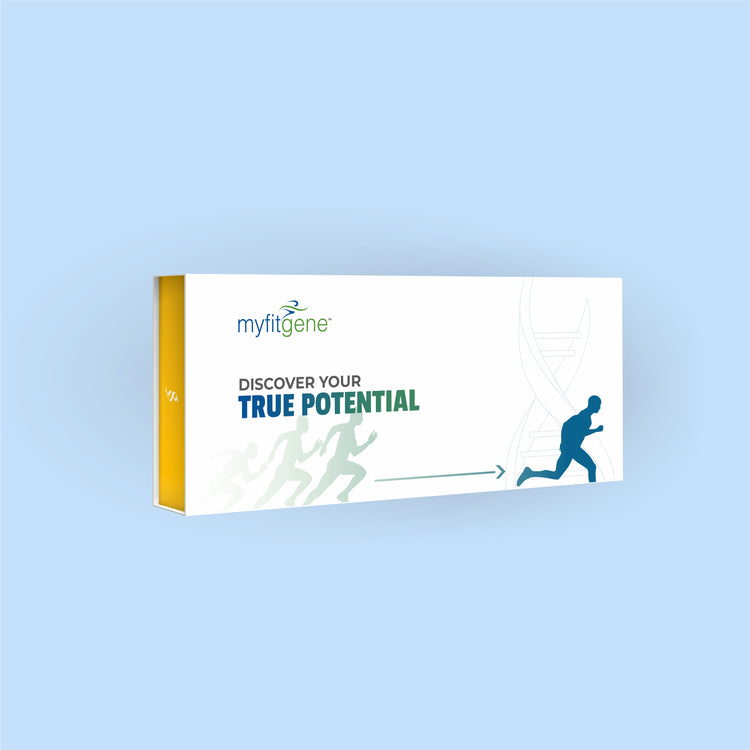Lactose Intolerance: Causes, Symptoms, Solutions & Your Genetic Link
Lactose Intolerance: Your Guide to Causes, Symptoms, Solutions & the Genetic Link – Decode It with Genomepatri or MyFitGene
Are dairy products leaving you feeling bloated, gassy, or downright miserable? You‘re not alone. Lactose intolerance, the inability to digest lactose (a sugar found in milk), affects millions worldwide. But what causes it, and what can you do about it?
What is Lactose Intolerance?
Lactose intolerance is a digestive condition where your body doesn‘t produce enough lactase, an enzyme needed to break down lactose. When lactose isn‘t digested properly, it ferments in the colon, leading to uncomfortable symptoms.
The Genetics Behind Lactose Intolerance: Unlocking Your Predisposition with Genomepatri or MyFitGene
Your genes play a starring role in lactose intolerance. Some individuals have a genetic variant that allows them to continue producing lactase throughout adulthood (lactase persistence). Others experience a natural decline in lactase production after infancy (lactase non-persistence).
- Lactase Persistence vs. Non-Persistence: Your genetic makeup determines your predisposition.
- Ethnic Variations: Lactose intolerance is more common in certain ethnicities, like Asian, African, Hispanic, and Native American populations.
How Genetic Tests Like Genomepatri or MyFitGene Can Help:
- Confirm a Diagnosis: Genetic tests can definitively confirm lactose intolerance if you suspect you have it.
- Predict Severity: Your genes can offer clues about the likelihood of experiencing severe symptoms.
- Personalize Management: Knowing your genetic risk can help you tailor your diet and lifestyle choices more effectively.
Spotting the Signs: Symptoms of Lactose Intolerance
Lactose intolerance symptoms typically occur within 30 minutes to 2 hours of consuming dairy products:
- Bloating
- Gas
- Diarrhea
- Stomach cramps
- Nausea
The severity of symptoms varies from person to person, depending on the amount of lactose consumed and individual tolerance levels.
Finding Relief: Lactose Intolerance Solutions
Living with lactose intolerance doesn‘t mean giving up all your favorite foods! Here‘s how to manage it:
- Embrace Lactose-Free Options: Switch to lactose-free milk, yogurt, and cheese. Dairy alternatives like almond milk, soy milk, and oat milk are also great choices.
- Lactase Supplements: These over-the-counter pills or drops provide the enzyme your body is missing, allowing you to enjoy dairy without discomfort.
- Portion Control: Experiment to find your lactose limit.
- Hidden Lactose Alert: Read ingredient labels carefully for hidden lactose.
- Seek Professional Guidance: A doctor or registered dietitian can help create a personalized plan.
Did You Know?
Approximately 65% of the global population experiences some degree of lactose malabsorption after infancy. While more common in certain populations, anyone can develop it.
Taking Control of Your Digestive Health
Lactose intolerance is a common and manageable condition. By understanding your body‘s unique needs, including your genetic predisposition, and making informed choices, you can still enjoy a delicious and fulfilling diet. Don‘t hesitate to seek help from healthcare professionals for personalized guidance and support.
Genetic tests like Genomepatri or MyFitGene can empower you to understand and manage your lactose intolerance with greater precision. Armed with knowledge about your genetic risk, you can make informed decisions about your diet and lifestyle, ultimately improving your overall well-being.
You may also want to understand your gut microbiome.
Remember: If you suspect you have lactose intolerance, consult your doctor for proper diagnosis and treatment.

